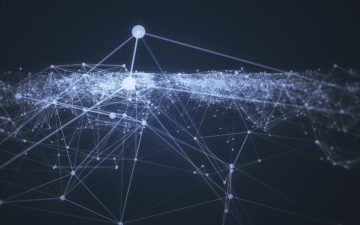by Fabio Tollon

We have always been a technological species. From the use of basic tools to advanced new forms of social media, we are creatures who do not just live in the world but actively seek to change it. However, we now live in a time where many believe that modern technology, especially advances driven by artificial intelligence (AI), will come to challenge our responsibility practices. Digital nudges can remind you of your mother’s birthday, ToneCheck can make sure you only write nice emails to your boss, and your smart fridge can tell you when you’ve run out of milk. The point is that our lives have always been enmeshed with technology, but our current predicament seems categorically different from anything that has come before. The technologies at our disposal today are not merely tools to various ends, but rather come to bear on our characters by importantly influencing many of our morally laden decisions and actions.
One way in which this might happen is when sufficiently autonomous technology “acts” in such a way as to challenge our usual practices of ascribing responsibility. When an AI system performs an action that results in some event that has moral significance (and where we would normally deem it appropriate to attribute moral responsibility to human agents) it seems natural that people would still have emotional responses in these situations. This is especially true if the AI is perceived as having agential characteristics. If a self-driving car harms a human being, it would be quite natural for bystanders to feel anger at the cause of the harm. However, it seems incoherent to feel angry at a chunk of metal, no matter how autonomous it might be.
Thus, we seem to have two questions here: the first is whether our responses are fitting, given the situation. The second is an empirical question of whether in fact people will behave in this way when confronted with such autonomous systems. Naturally, as a philosopher, I will try not to speculate too much with respect to the second question, and thus what I say here is mostly concerned with the first. Read more »

